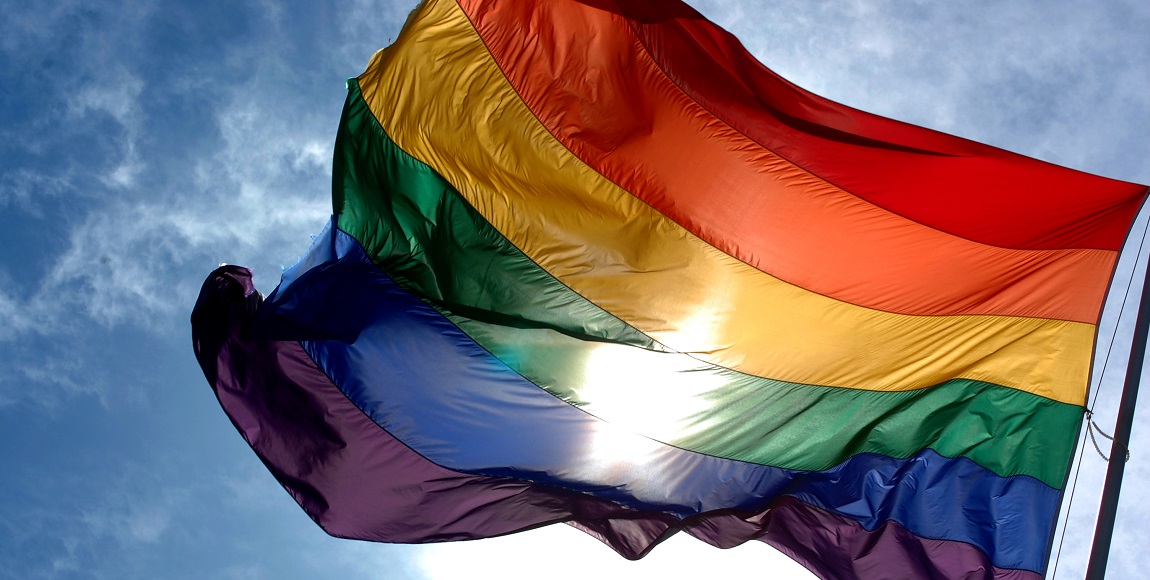Research is underway to find out more about the Indian queer community in South Africa in order to fight persistent stigma against and social repression of Indian LGBTQIA+ people.
Lead researcher Suntosh Pillay, a clinical psychologist based in Durban, told The Daily Vox the main reason for doing this research was to fill the academic gap. “The research has largely focused on fairly middle class white men … There has been [research] on the black LGBTQIA+ community but research on Indians is missing,†he said.
Pillay said that when he was reading up on the the experiences of local LGBTQIA+ people for a presentation in 2014, he found no research on the experiences of Indian South Africans. When Indian people were mentioned in studies, there was a lot of conflation of race and religion.
“Some researchers don’t realise that Indians can be Christian, Muslim, Hindu, etc. And the experience of being a Muslim lesbian versus a gay Hindu male is very different because of the different attitudes in those communities towards gender and sexual diversity,†he said.
He said it was also impossible to even tell how many Indian LGBTQIA+ people there are in South Africa because queer Indian people are afraid to speak about their sexuality. “In some ways this is a hidden population. Indians are such a small statistical [minority] in this country; in addition to that, you have an even smaller sub-group,†he said.
There is also a need to reach a deeper understanding of people’s actual experiences on the ground.
Pillay, working together with two other psychologists from South African universities, has put together an online survey to gather data on the everyday experiences of LGBTQIA+ people from local Indian communities.
The survey will run until the end of August. You can fill out the form anonymously here.
One of the challenges, Pillay said, was that it was difficult to get people to fill out the survey because many feared being “outedâ€. But he has urged people to trust that their information would remain anonymous.
The research could help create community interventions to combat the stigma and prejudice that queer people in the Indian community still face. “Anyone who fills it out, if they fall into these groups, will be making a massive contribution to psychosocial interventions,†he said.









